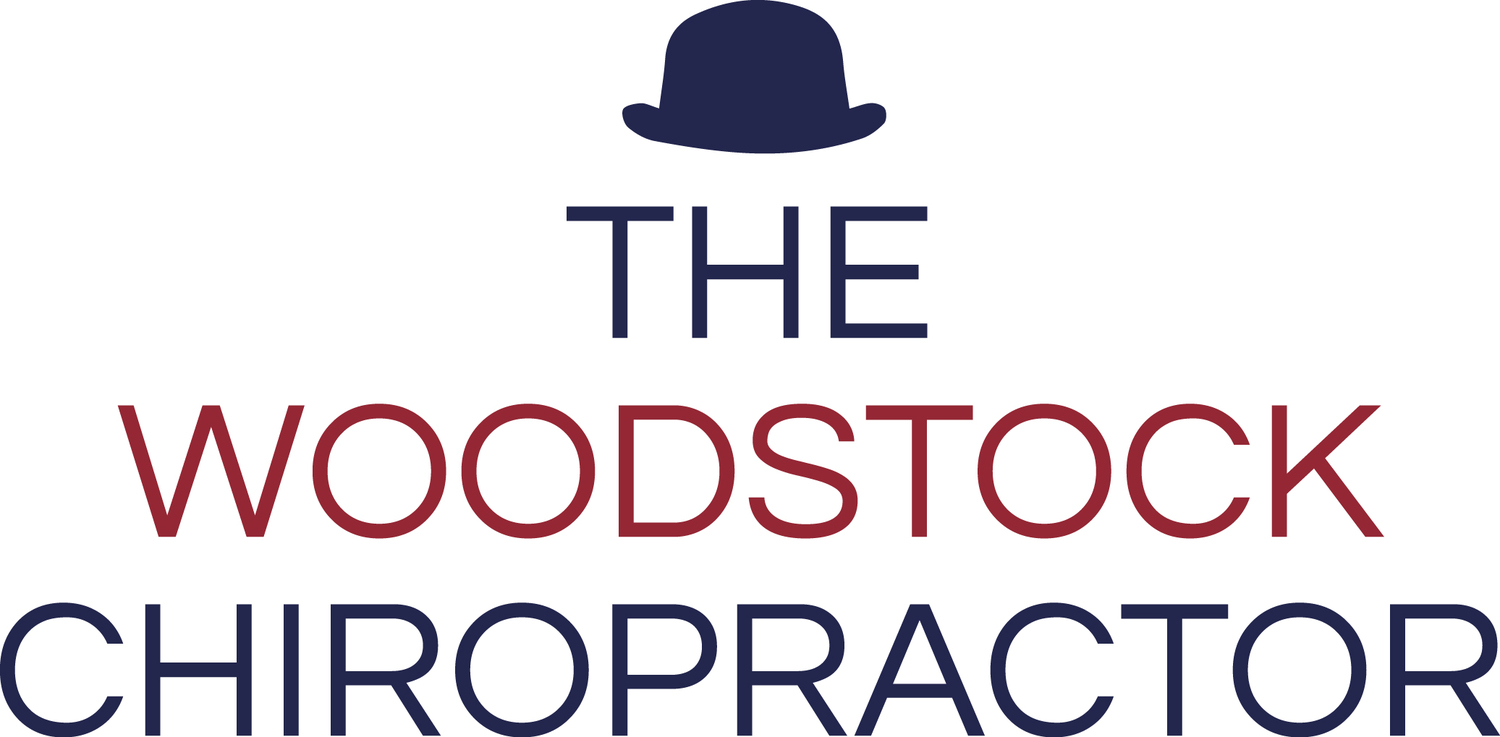At The Woodstock Chiropractor we are always looking at how much more we can make a difference to the health of Oxfordshire residents and beyond!
Turmeric is a spice that has been used in traditional medicine for centuries. It is a member of the ginger family and is commonly used in Asian cuisine. Recently, turmeric has gained popularity in the health community due to its potential health benefits. In this blog, we will explore the health benefits of turmeric supplementation and the conditions it can help with.
Anti-inflammatory Properties
One of the most well-known health benefits of turmeric is its anti-inflammatory properties. Chronic inflammation has been linked to a variety of health problems, including heart disease, cancer, and Alzheimer’s disease. Turmeric contains a compound called curcumin, which has been shown to have powerful anti-inflammatory effects. In fact, some studies have found that curcumin is more effective than some anti-inflammatory drugs.
Pain Reduction
Another benefit of turmeric supplementation is its ability to reduce pain. Curcumin has been shown to be effective in reducing pain associated with osteoarthritis, rheumatoid arthritis, and other types of chronic pain. It works by blocking inflammatory pathways and reducing the production of certain enzymes that cause pain.
Improved Brain Function
There is also evidence to suggest that turmeric can improve brain function. Curcumin has been shown to increase the production of brain-derived neurotrophic factor (BDNF), which is a type of growth hormone that helps to maintain and repair brain cells. Low levels of BDNF have been linked to depression, Alzheimer’s disease, and other cognitive disorders.
Reduced Risk of Heart Disease
Turmeric supplementation may also help reduce the risk of heart disease. Studies have shown that curcumin can improve the function of the endothelium, which is the lining of the blood vessels. This can help to reduce the risk of heart disease, as endothelial dysfunction is a major risk factor for heart disease.
Conditions Turmeric Can Help With
Turmeric supplementation may also be helpful for a variety of specific health conditions. Here are some examples:
Osteoarthritis: Turmeric can reduce pain and inflammation associated with osteoarthritis, and may even slow the progression of the disease.
Rheumatoid arthritis: Curcumin has been shown to reduce joint pain and swelling in people with rheumatoid arthritis.
Depression: Some studies have found that curcumin can be as effective as antidepressant medication in treating depression.
Inflammatory bowel disease: Curcumin may help to reduce inflammation in the gut and improve symptoms of inflammatory bowel disease.
Conclusion
Turmeric supplementation has a variety of potential health benefits, including anti-inflammatory properties, pain reduction, improved brain function, and reduced risk of heart disease. It may also be helpful for specific health conditions, such as osteoarthritis, rheumatoid arthritis, depression, and inflammatory bowel disease. However, it is important to note that more research is needed to fully understand the effects of turmeric supplementation, and it should not be used as a substitute for medical treatment. As with any supplement, it is also important to speak with your healthcare provider before starting to take turmeric.
The effective dose of turmeric supplementation can vary depending on the specific health condition being targeted and the formulation of the supplement. The active ingredient in turmeric that provides its health benefits is curcumin, which is typically standardized to a specific percentage in supplements.
Here are some general guidelines for effective dosages of turmeric supplementation:
For general health and well-being: A daily dose of 500-2,000 mg of turmeric extract containing 95% curcuminoids is recommended.
For reducing inflammation and pain: A daily dose of 1,000-2,000 mg of turmeric extract containing 95% curcuminoids is recommended.
For improving brain function: A daily dose of 500-1,000 mg of turmeric extract containing 95% curcuminoids is recommended.
For reducing the risk of heart disease: A daily dose of 500-1,000 mg of turmeric extract containing 95% curcuminoids is recommended.
It is important to note that the absorption of curcumin is generally poor, so it is often recommended to take supplements that include ingredients that enhance its bioavailability. Some key ingredients that can increase the effectiveness of turmeric supplementation include:
Piperine: This is a compound found in black pepper that has been shown to increase the absorption of curcumin by up to 2,000%. Supplements that include piperine are often labeled as "bioperine" or "black pepper extract."
Phospholipids: These are naturally occurring compounds that are found in cell membranes. Supplements that use phospholipid complexes or liposomes to deliver curcumin have been shown to significantly increase its bioavailability.
Turmeric essential oil: This is a volatile oil that is extracted from turmeric root. It has been shown to increase the absorption of curcumin by up to seven times.
When selecting a turmeric supplement, it is important to look for products that contain high-quality ingredients and are standardized to contain a certain percentage of curcuminoids. It is also a good idea to consult with a healthcare provider before starting any new supplement regimen.
Matt recommends: https://bettervits.co.uk/products/turmeric-complex?_atid=iWdCexzds69Ytp7Ed91ETCYRNOkEY4

